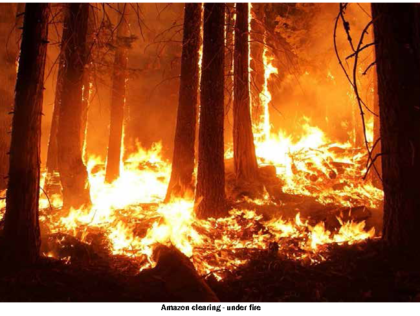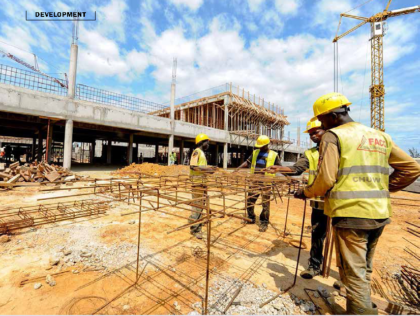A record seventeen African countries are gearing up for elections from local, legislative to
presidential this year after a couple of decades of multi-party democracy on the continent. Is it
time to re-look at democratic practice in Africa and the ‘democratic dividends’?
asks *Cornelius Adedze.
Elections, largely, regarded earlier as signposts of deepening democracy and development in Africa are beginning to be questioned over their integrity especially with respect to the processes leading to them and the conduct of the elections themselves. The reemergence of political instability in some countries, a thing more associated with dictatorships, is a worrying situation.
The overall governance picture across Africa over the last ten years has seen some improvement though, according to the 2018 Ibrahim Index of African Governance (IIAG). “3 out 4 African citizens”, the report says “live in a country where public governance has improved over the past 10 years”. This according to the report is indexed to, “performance of the provision of political, social and economic public goods and services that every citizen has the right to expect from the state”. These achievements especially, the increase in the number of “free and fair executive elections does not necessarily translate into a better participatory environment”.
The list of elections (some presidential and legislative, others just legislative) this year is quite a long one, from Algeria, through Botswana, Cameroun, Chad, Comoros Guinea, Guinea Bissau, Libya, Madagascar, Malawi, Mali, Mauritania, Mozambique, Namibia, South Africa and Tunisia. Nigeria and Senegal have just had theirs not without controversies though. Nigeria’s election apart from being marred by violence resulting in the deaths of a reported 600 people is alleged to be fraught with irregularities. The main opposition candidate, former Vice- President Atiku has rejected the results and is headed for the Constitutional Court for redress.
Last December, the DRC held presidential elections, which had been on hold for a couple of years, and was marred by violence both during the chaotic preelection campaign and the elec-tion itself. Cameroun a month earlier was embroiled in violence that characterised the reelection bid of Paul Biya, who at 85, and in power for 36 years was seeking a seventh term. In the end, he
African elections: plus ça change
By Stephen Appraku


